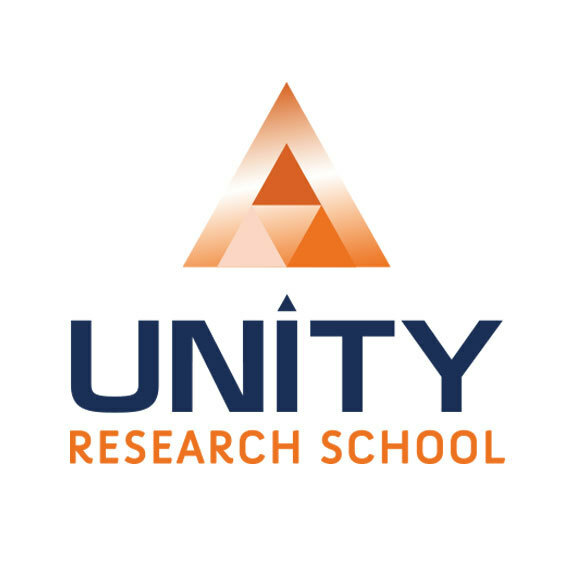

Research School Network: Experience + Evidence Getting Started with evidence without supplanting experience
—
Experience + Evidence
Getting Started with evidence without supplanting experience
Share on:

by Unity Research School
on the
Our fourth annual cross-trust professional development day was our biggest yet with staff from 19 schools collaborating in three venues.

1. The background behind the EEF and their work:

2. The wealth of resource found within the EEF Teaching and Learning Toolkit:

3. The significant potential around metacognition:


Thinking about these four requirements within our teaching we should seek to embed and explicitly model these mental processes that are in integral to learning which we, as teachers, can often take for granted.
The two YouTube links he mentioned, from Dylan Wiliam and Josh Walker add further introductions, considerations and explanations.
A very useful digest which I shared via our December edition of our Research School e‑newsletter is this from Cambridge Assessment on ‘Getting Started With Metacognition’.
4. The strong evidence and catalogue of associated resources evolved out of the EEF Making Best Use of Teaching Assistants Guidance Report

The Guidance Report itself and the Summary of Recommendations poster make very useful and accessible reading for all involved in teaching and supporting children in their learning. The Scaffolding Framework provides a practical framework designed to help scaffold pupils’ learning and encourage independent learning – another link to metacognition (above).
5. Opportunities for staff across the spectrum of experience to utilise the EEF Cycle of School Improvement
As I wrote about in a previous blog, #136 on Evidence Informed Improvement, this overarching or underpinning cycle is a great tool to support ever more effective approaches within school improvement.

In the coming weeks and months we will be sure to capitalise upon the questions Jonathan raised, resources he shared and evidence he outlined.
As John Tomsett, Headteacher of Huntington School (another of the 22 Research Schools) posted earlier this year in one of his blogs:
Evidence supplements experience, it doesn’t supplant it. Since the summer of 2013, when I began working with educational researcher Dr Jonathan Sharples from the IEE and the EEF, I have been learning how to teach more effectively. I have been combining the evidence available about how children learn with my years of experience as a teacher and I am, today, as good a teacher as I have ever been. And I now work in a school where every teacher is learning how to teach better, in a deliberate, conscious way.
Evidence can provide ‘best bets’ from which to explore effective next steps in school improvement from the classroom to the Trust Board. Blended with professional experience and considered within a specific context the scope for enhancing practices and improving outcomes are significant.
Here’s to an evidence-informed 2018.
More from the Unity Research School
Show all news

Pupil Premium and SEND: learning without labels
Learning without labels
